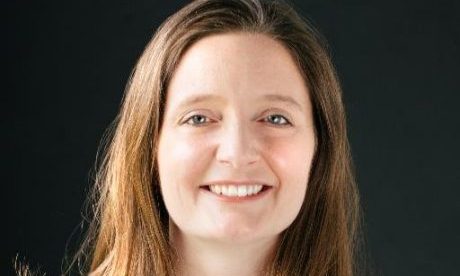Social networks do best when they tap into one of the seven deadly sins. Facebook is ego. Zynga is sloth. LinkedIn is greed. ~ Reid Hoffman, co-founder of LinkedIn (2011)
The Atlantic’s Robinson Meyer suggests that Hoffman’s tongue-in-cheek comment from five years ago may contain more than a kernel of truth. Using Dante’s Inferno as a guide, Meyer outlines how several social networks and Internet platforms tap into some of the darker aspects of our nature.
If you are unfamiliar with the seven deadly sins, their insidiousness is more than at first would seem. By way of review, the seven deadly sins are lust, gluttony, greed, sloth, wrath, envy, and pride. Meyer justifiably includes two sub-categories, vanity and acedia.
These sins are more than their stereotypes. For example, when people think of gluttony, they often imagine someone who eats too much. But, gluttony is not just about gorging; it is about trying to find satisfaction in something that will never deliver. So the person perpetually consumes, whether it is food or shopping or something else, but is never truly satisfied. Meyer gives the example of Tantalus in the Inferno who is stuck in a pool where he can never quite reach the branches of fruit above him. Meyer says that gluttony is Instagram.
Ultimately, the seven deadly sins are various types of idolatry. Acedia is a special case. It is related to sloth, but is much deeper. It is related to ennui or a deep malaise regarding life. In terms of idolatry, it is being tired of worshiping whatever you have been worshiping, whether it was God or some other idol. It is the state of idol-shopping as a way to cure one’s malaise. Known as the “noonday devil” in monastic circles, Meyer says the “the afternoon Internet” (e.g., Tumblr and deep You Tube) represent acedia.
His other categories: Tinder is lust. LinkedIn represents greed. Netflix is sloth. Twitter taps into wrath (and its twin, sullenness or bitterness). Pinterest evokes envy. Medium touches on pride. Facebook is vanity. Continue reading
- Heather Zeiger is a freelance science writer with advanced degrees in chemistry and bioethics. She writes on the intersection of science, culture, and technology.
News category: Analysis and Comment.




